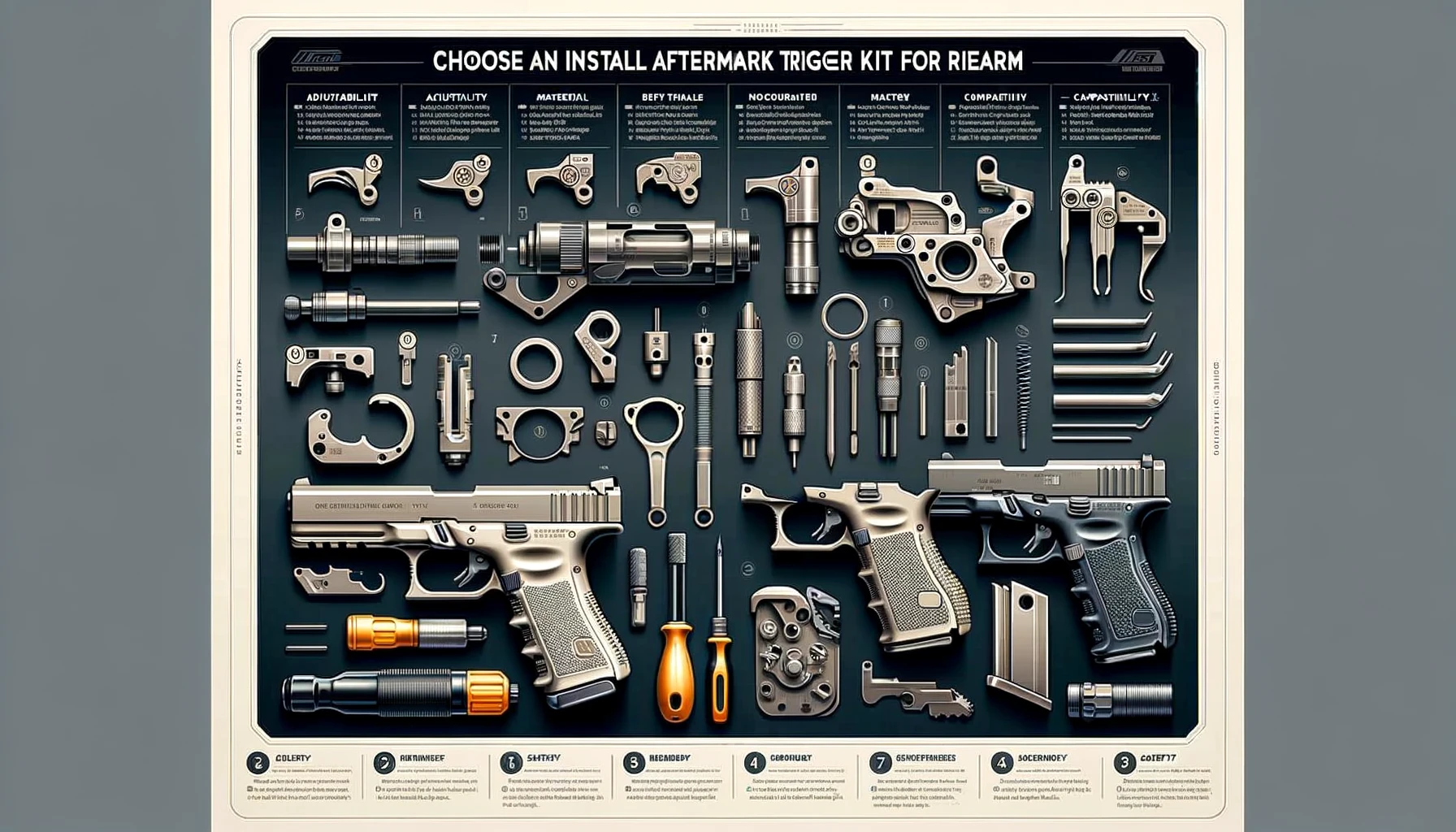Table of Contents
There is no way to guarantee that any puppies will never develop a genetic disorder. However, reputable breeders use breeding dogs that have been screened for conditions common in their specific breed. Look at the pup’s ears to ensure they are clear of odor and have no signs of scratching. Also, check the belly to see if there is a protrusion around the navel.
The thing to remember when Buying Puppies
Check the Breeder’s Health Certificate
A good breeder should be able to provide a health certificate. If they can’t or don’t want to, it should raise a red flag, and you should look elsewhere for your pup. The health certificate (or certificate of veterinary inspection, CVI) is a standard form required for commercial puppies for sale across state lines. It contains a very brief examination performed by a vet and only includes testing for parasites and diseases that can be caught in the environment. Ask the breeder about the puppy’s parents and their health. All dogs, even crossbreeds, can suffer from inherited diseases that can be passed down from parent to puppy. Health clearances extending back to grandparents, great-grandparents, and beyond offer additional layers of protection, although risk can never be zero. It’s also worth asking the breeder about their breeding policies. Ask the breeder about their breeding program and how they select their dams and sires to ensure their puppies are healthy.

Check the Puppies’ Vet Record
The sire and dam’s health records can also help you determine whether your prospective puppy has been bred with any health problems that may be passed on. Look for signs of eye or nose discharge, scabs on the skin, a clogged tail or ears, wheezing and coughing, or an open fontanelle (a soft area at the top of the skull). A general vet check before a puppy is sold can be an extra layer of reassurance for puppy buyers. The vet can give the pups a clean bill of health and highlight any issues that may need to be monitored or treated. Reputable breeders ask their vet to conduct a general vet check on all puppies before they are sold and will provide this information to buyers. While this doesn’t guarantee that a puppy is free from any issues or replace recommended health tests/schemes, it can be a good sign that the breeder is doing all they can to produce healthy pups. A reputable breeder will happily provide you with all the documentation of the puppies’ microchips, vaccinations, and worming records. They will often have contracts and health guarantees, which you should read carefully to understand the cover offered if any issue arises.
Check the Puppies’ Environment
Puppies should be clean and well cared for. Their mother and litter should have access to a large outdoor area and indoor space, not just a kennel. The breeder should be happy to show you where the puppies are kept and ask if you want to see them and their mother. Be wary of any breeder who discourages you from visiting their home or shows you only one puppy at a time. The puppies should be healthy, and the breeder should be able to tell you what they’re eating. They should be up to date with their vaccinations and worm treatments. Ask if the puppies have been socialized with people to ensure they are confident and comfortable in human company. Males should be fully descended and ready for neutering, with no evidence of undescended testicles or any other health issues that could cause problems. A reputable breeder should be able to provide a health guarantee, but be careful about warranties that only last a few days. This is far too short for devastating incubating diseases or hereditary conditions like hip and elbow dysplasia to develop. Great post to read 4000 meters to feet.

Check the Puppies’ Personality
As tempting as it is to get caught up in the cuteness of a litter of puppies, look past their appearance. How they interact with their mother and other littermates can give you an idea of how they’ll behave as adults. Watch how they play and try to determine if they seem confident enough to approach you or if they are more reserved. Similarly, please pay attention to how the puppies respond to their mother’s voice and touch. If they are fearful, it may indicate future anxiety issues. The same goes for aggressive puppies — their behavior may reflect the temperament of their parents. If the breeder is willing to let you see the puppies with their mother, that’s a good sign. They should have no problem showing you the health certificates of the mother as well. A responsible breeder should also be able to tell you which vaccinations the puppies have received and when their next dose will be due. You should also ask the breeder what kind of socialization the puppies have had. This is important for their mental health and can help them prevent behavioral problems. Ideally, they should have been exposed to people at a young age and be comfortable interacting with people.
Related FAQs
What should I know as a first-time puppy owner?
Puppies require constant supervision, training, and socialization. Prepare for biting, accidents, and chewing. Establish routines for feeding, sleeping, and playtime. Puppy-proof your home by removing hazards. Vet visits are crucial for vaccines, deworming, and checkups. Patience and consistency lead to a well-adjusted dog.
What is the hardest part of having a puppy?
The hardest part is the constant vigilance puppies require. They need 24/7 supervision to prevent destructive behaviors and injury. It’s tiring caring for a young puppy that can’t self-regulate yet.
What do I wish I knew before getting a dog?
I wish I knew how much time, patience, and consistency puppies need, especially for training. I didn’t expect such high costs for supplies and vet bills. The first year is the most demanding, but establishing good habits early makes adolescence easier.
How do I prepare for a new puppy?
To prepare, puppy-proof your home by removing hazards. Gather supplies like food bowls, collars, leashes, and beds. Choose a vet and schedule your first appointments. Read up on positive reinforcement training. Clear your schedule to allow time for feeding, playing, training, and bonding.

Liam Stephens is a dynamic and skilled blogger, recognized for his ability to identify trends and create compelling content. As the founder of Remi-Portrait.com, Liam has become a reliable source of information across various fields such as food, technology, health, travel, business, lifestyle, and current events. He specializes in delivering up-to-date technology news and insights, catering to the diverse community that surrounds Remi-Portrait.com. His proficiency and engaging writing style have earned him a dedicated audience, solidifying his reputation in the digital sphere.



